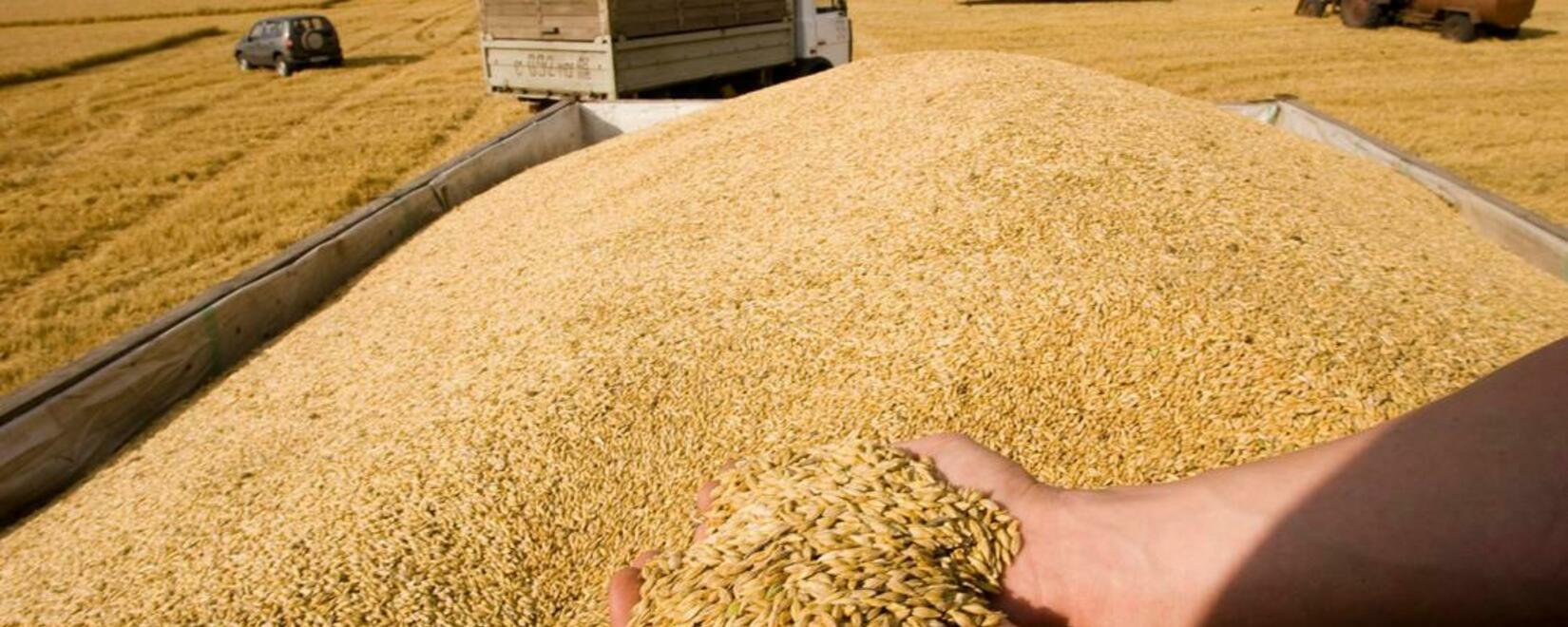According to Izvestia, in his letter, Nilov said that in the record harvest season 2022/23, a problem arose: farmers harvested 157.7 million tons of grain and 24.8 million tons of oilseeds, which led to large carry-over stocks - up to 26 million tons of grain and 3 million tons of oilseeds.
The letter says that with the expected new grain harvest of 120-130 million tons, farmers may have serious problems with the storage of crops. And given the departure of some foreign traders from the market, the problem may worsen, the author of the appeal adds. According to him, the sale of grain and oilseeds is now delayed and is sold at prices close to cost. The State Duma fears that if farmers fail to fulfill their financial obligations, this could lead to their bankruptcy. To prevent this, the deputies called on the government to triple the purchase interventions or find a solution to the problem of storing millions of tons of unsold grain as soon as possible.
The letter also notes that the committee discusses the storage and sale of last year's harvest at almost every meeting. According to Nilov, the government should be more active in looking for markets. The State Duma is confident that Russian grain will have consumers in different parts of the world, including South and Central America, Africa, Afghanistan, Venezuela, North Korea and other countries.
The Ministry of Agriculture told Izvestiya that the planned intervention fund in the amount of 3 million tons of grain was formed in 2022, the decision on additional purchases will be made based on the general market situation. The ministry also noted that there will be no shortage of places to store the crop.
At the end of March, Deputy Prime Minister Victoria Abramchenko said that the government was studying the possibility of increasing the state intervention fund of grain by 7 million tons to 10 million tons. years - more than 20 billion rubles, estimated Abramchenko. According to her, there is a “difficult dialogue” with the Ministry of Finance regarding the allocation of funds. “So far, no decision has been made on the allocation. But the parameters have been set by the industry community - up to 10 million tons," she said. Abramchenko explained that an increase in purchases could help the market if the surplus, which is now putting pressure on the market, is not exported.
The general director of the analytical company ProZerno, Vladimir Petrichenko, recalled that talks about increasing grain purchases for the state fund have been going on for a long time, so it’s worth waiting for an official statement from the government. In his opinion, the increase in purchases is a very useful measure in the current environment. “For example, in recent months we have been actively discussing the issue of upgrading the export duty, and then there was a statement that nothing would be changed before the start of the new season. To say is one thing, actions are needed,” the expert is sure.
According to him, the carryover of grain now amounts to about 26-28 million tons. Petrichenko noted that there are no technological problems with its storage now. “The sale, of course, is underway, but the market is inactive. This is due to low selling prices. Despite the high exchange rate of the dollar, that is, the weakening of the ruble, the duty has grown very significantly, and it will be high if there is such a rate, which means that the prices for the sale of agricultural producers are low,” he commented to Agroinvestor.
The export duty on wheat from Russia from April 19 will be 5,759 rubles/ton against 5,339 rubles/ton a week earlier. The duty on barley will increase from 1,646 rubles/ton to 2,480 rubles/ton, on corn - up to 3,729 rubles/ton from 3,185 rubles/ton. The duties were calculated based on indicative prices: $283.9 per ton for wheat ($289.2 a week earlier), $212.9 for barley ($207.4), $234.7 for corn ($235.5).



